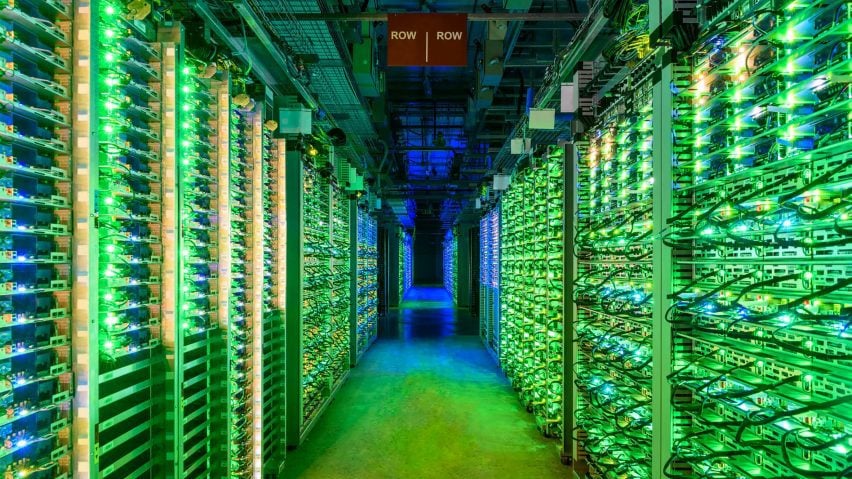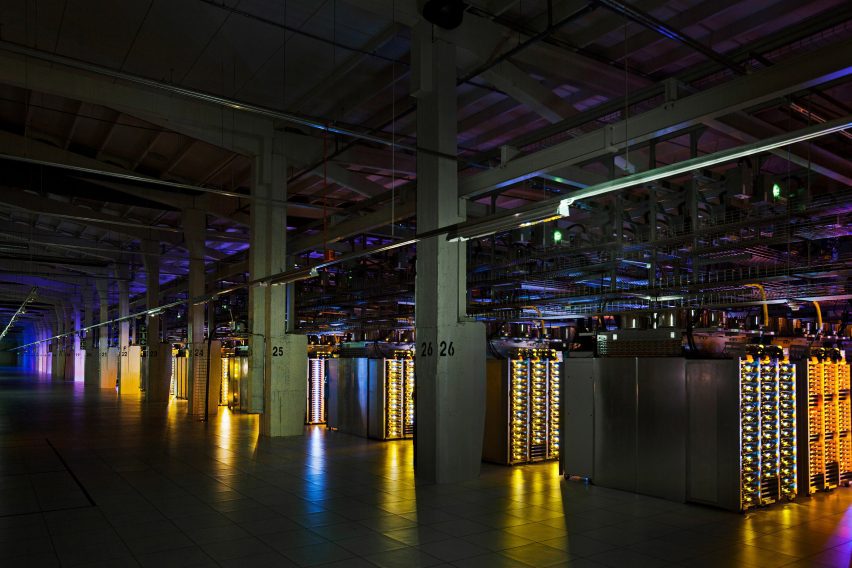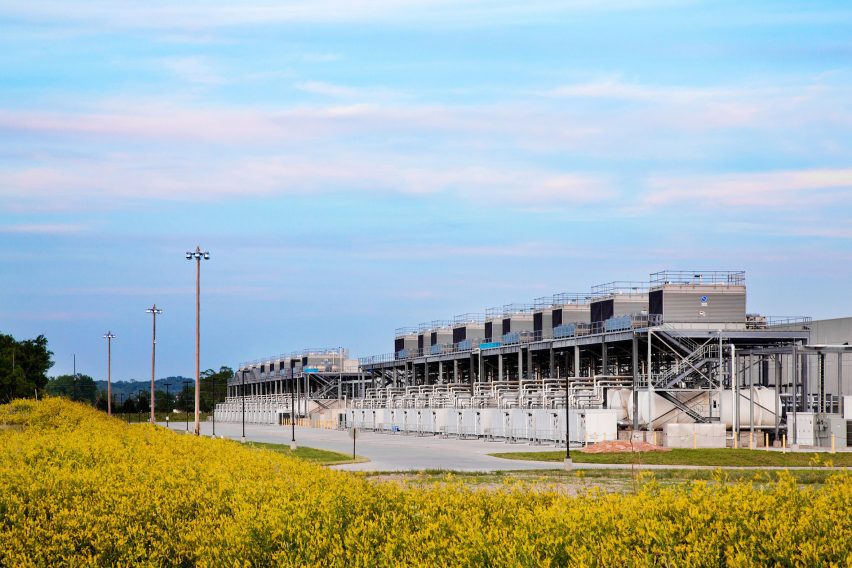
Google reports 50 per cent jump in emissions due to AI energy use
Google's greenhouse gas emissions have increased by half over the last five years due to the energy demands of artificial intelligence, the company has revealed.
The figures were contained in Google's 2024 annual environmental report, which reported an increase in emissions of 48 per cent in 2023 compared to the baseline set in 2019, with a 13 per cent increase year-on-year.
Google attributed the surge primarily to electricity consumption by its data centres and emissions from its supply chain, which includes the third-party production of hardware and equipment for these centres.

Both are linked to the use of AI, as the technology requires more computing power than regular internet operations, all of which is derived from data centres.
The rise in emissions is significant enough to put Google's 2030 net-zero emissions target at risk, the company admits in the report.
"As we further integrate AI into our products, reducing emissions may be challenging due to increasing energy demands from the greater intensity of AI compute, and the emissions associated with the expected increases in our technical infrastructure investment," the report reads.
The company's total greenhouse gas emissions were approximately 14.3 million tons of carbon dioxide equivalent (CO2e) in 2023, similar to that of a small European nation such as Latvia.
The report details Google's initiatives to reduce these emissions, which include buying renewable energy and building more efficient computing infrastructure.
It also discusses ways the company is using AI to cut emissions elsewhere across the world, such as by implementing fuel-efficient routing in Google Maps.
Google estimates this feature has helped to reduce vehicle emissions by 2.9 million metric tons since its launch in 2021 – figures that aren't included in its overall emissions data.
However, if the company is to hit its climate targets, the report suggests that there will need to be external technological breakthroughs.

"Our approach will continue to evolve and will require us to navigate significant uncertainty – including the uncertainty around the future environmental impact of AI, which is complex and difficult to predict," says the report.
"In addition, solutions for some key global challenges don't currently exist, and will depend heavily on the broader clean energy transition."
At the World Economic Forum earlier this year, OpenAI CEO Sam Altman said that to meet the energy demands of future AI, a breakthrough in nuclear fusion was needed.
Experts have for some time cautioned about the "eye-watering" use of resources required for AI, and the threat this poses to climate goals.
Microsoft has also reported a rise in emissions in its latest sustainability report, while Amazon and Meta have had a mixed few years. Most of the world's largest data centres are owned by Google, Microsoft and Amazon.
All photos courtesy of Google.